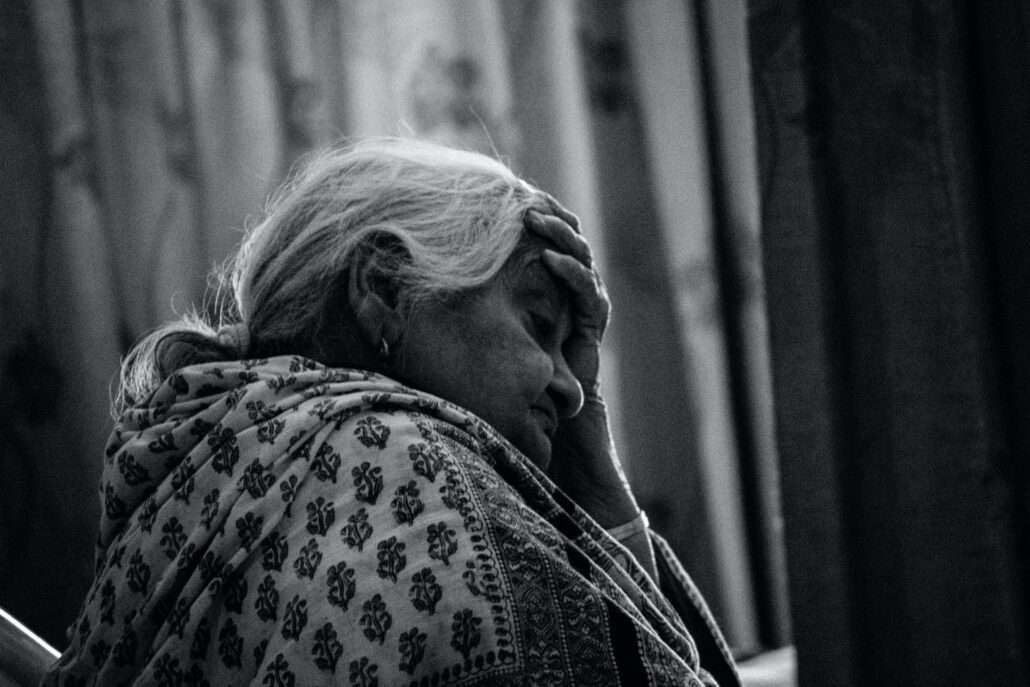 Understanding the Different Types of Nursing Home Abuse
Understanding the Different Types of Nursing Home Abuse
Nursing homes are meant to provide a safe and nurturing environment for elderly individuals who require assistance with their daily activities and medical needs. However, not all nursing homes uphold these standards, and instances of abuse can occur, leaving vulnerable residents in distress. This comprehensive article aims to shed light on the various forms of abuse that can take place in nursing homes, including physical, emotional, financial, and neglectful abuse.
1. Physical Abuse: Recognizing the Signs
Physical abuse involves the use of force that causes harm or injury to nursing home residents. This can include actions such as hitting, pushing, restraining, or even administering medication improperly. Recognizing the signs of physical abuse is crucial, and they may include:
- Unexplained bruises, cuts, or injuries
- Broken bones or fractures
- Resident’s reluctance to discuss injuries or interact with staff
2. Emotional and Psychological Abuse: The Silent Trauma
Emotional abuse can have a profound impact on the mental and emotional well-being of nursing home residents. This form of abuse encompasses behaviors that cause emotional distress, humiliation, or fear. Common signs of emotional abuse include:
- Sudden changes in behavior or mood
- Withdrawal from social interactions
- Resident displaying signs of fear or agitation around specific staff members
3. Financial Exploitation: Protecting Residents’ Assets
Financial exploitation involves unauthorized use of a resident’s funds or assets for personal gain by caregivers or staff members. This can include forging signatures, stealing belongings, or manipulating residents into making financial transactions. Warning signs of financial abuse include:
- Unexplained withdrawals from bank accounts
- Changes in wills or power of attorney documents
- Missing personal belongings or valuables
4. Neglect: Failing in Care Responsibilities
Neglect occurs when nursing home staff fail to provide the necessary care and attention required by residents. This can lead to serious health issues and deteriorating living conditions. Indicators of neglect can include:
- Unsanitary living conditions
- Bedsores or pressure ulcers
- Malnutrition and dehydration
5. Recognizing Abuse and Taking Action
It is essential to be vigilant and proactive in recognizing and addressing nursing home abuse. If you suspect abuse, consider taking the following steps:
- Document any signs of abuse with dates, descriptions, and photographs
- Maintain open communication with your loved one, listening to their concerns
- Report suspected abuse to the appropriate authorities, such as Adult Protective Services or law enforcement
- Seek legal assistance to understand your options and rights
6. Preventing Nursing Home Abuse: Promoting Resident Safety
Preventing nursing home abuse requires a collaborative effort involving residents, families, staff, and regulatory bodies. Implementing preventive measures can include:
- Researching and selecting reputable nursing homes with positive reviews and records
- Visiting the facility frequently to monitor your loved one’s well-being
- Building a rapport with staff to establish open lines of communication
- Staying informed about your loved one’s rights as a resident
Ensuring Safety and Dignity for Nursing Home Residents
Nursing home abuse is a distressing reality that can have severe physical, emotional, and financial repercussions for elderly residents. Understanding the various forms of abuse—physical, emotional, financial, and neglect—empowers families and caregivers to recognize warning signs and take appropriate action. By advocating for the safety, rights, and dignity of nursing home residents, we can collectively contribute to a safer environment and protect those who are most vulnerable. Visit us to know more.

 Understanding the Different Types of Nursing Home Abuse
Understanding the Different Types of Nursing Home Abuse

